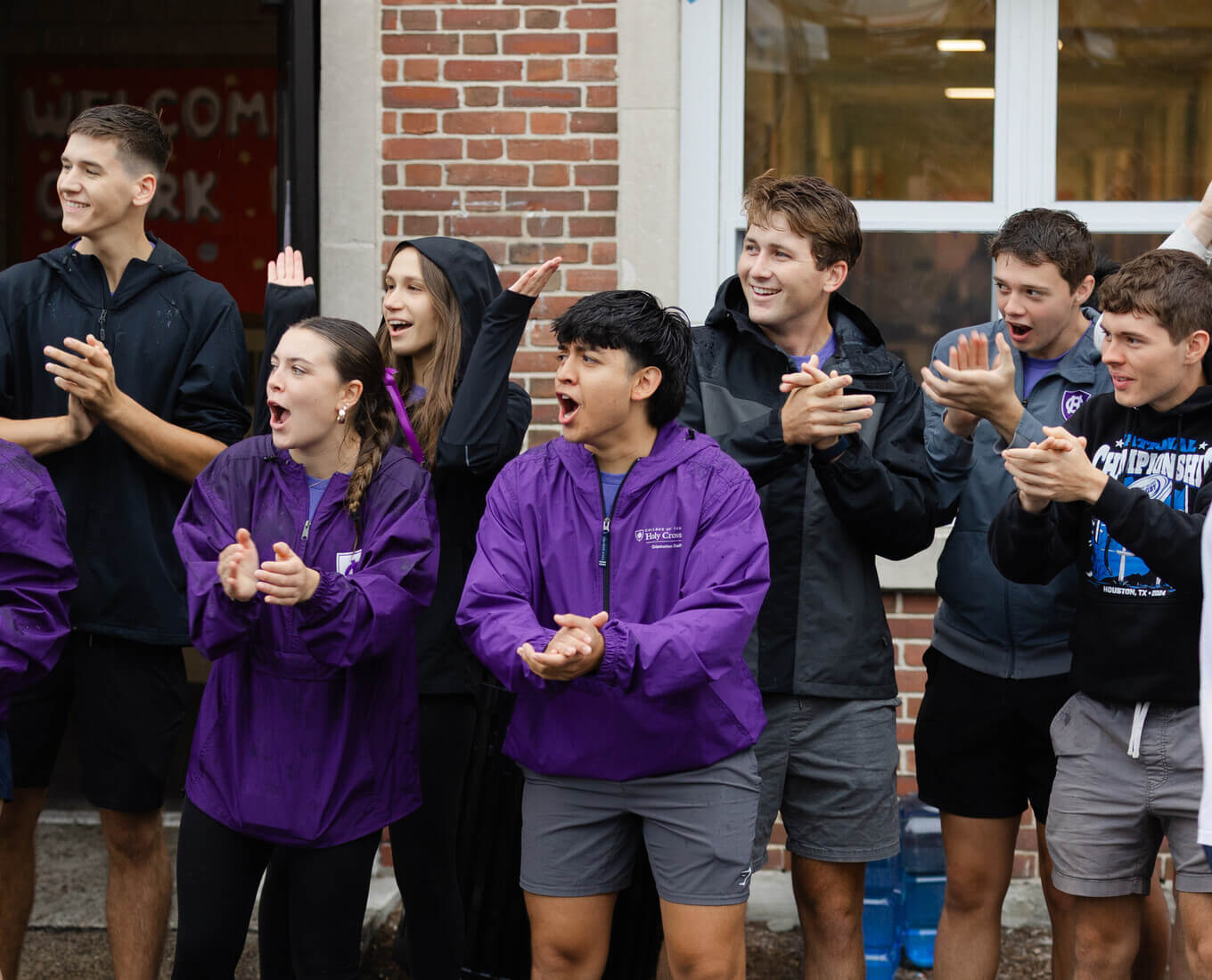 At a White House ceremony on June 19, President Bush awarded the nation’s highest civilian medal to six Americans, including Dr. Anthony S. Fauci ’62, director of the National Institute of Allergy and Infectious Diseases.
At a White House ceremony on June 19, President Bush awarded the nation’s highest civilian medal to six Americans, including Dr. Anthony S. Fauci ’62, director of the National Institute of Allergy and Infectious Diseases.
Bush told about 250 guests that the award “recognizes outstanding individuals who have been leaders in their chosen field, have led lives of vision and character and have made especially meritorious contributions to our nation and the world.”
The text of Fauci’s citation reads: “As a physician, medical researcher, author, and public servant, Dr. Anthony Fauci has dedicated his life to expanding the horizons of human knowledge and making progress toward groundbreaking cures for diseases. His efforts to advance our understanding and treatment of HIV/AIDS have brought hope and healing to tens of millions in both developed and developing nations. The United States honors Anthony Fauci for his commitment to enabling men, women, and children to live longer, healthier lives.”
As director of NIAID, Fauci oversees an extensive research portfolio of basic and applied research to prevent, diagnose, and treat infectious diseases such as HIV/AIDS and other sexually transmitted infections, influenza, tuberculosis, malaria and illness from potential agents of bioterrorism. NIAID also supports research on transplantation and immune-related illnesses, including autoimmune disorders, asthma and allergies.
Fauci serves as one of the key advisors to the White House and Department of Health and Human Services on global AIDS issues, and on initiatives to bolster medical and public health preparedness against emerging infectious disease threats such as pandemic influenza.
Fauci, a classics major with a premed concentration, has credited Holy Cross with instilling in him a life-long commitment to social justice. When U.S. News & World Report asked about one thing he did in college that still makes him proud he said: “Developed a deep social consciousness.”
In 2005, Fauci told Research & Development Magazine, which named him 2005 Scientist of the Year, “The Jesuits created an environment and a demand for excellence that was profound. They also created an atmosphere and an environment to seek the truth, to obtain a command of the intellect in your specific area, and to seek public service.”
In September of last year, Fauci received the 2007 Mary Woodard Lasker Award for Public Service for his role in developing two major U.S. public health programs, in AIDS and biodefense. In June of last year, President Bush honored Fauci with a 2005 National Medal of Science, the nation’s highest honor for scientific achievement.
View photos and videos of the event on the White House Web site where President Bush mentions how much Dr. Fauci credits his success to his Jesuit education. (Click on “Current News” on the left and scroll to June 19, 2008 to view the video.)
Related Information:
• Alumni Success Story: Profile of Anthony Fauci ’62
• Integrated Science Complex
Anthony Fauci ’62 Receives 2008 Presidential Medal of Freedom
Fauci has brought ‘hope and healing to tens of millions’
Read Time
2 Minutes

